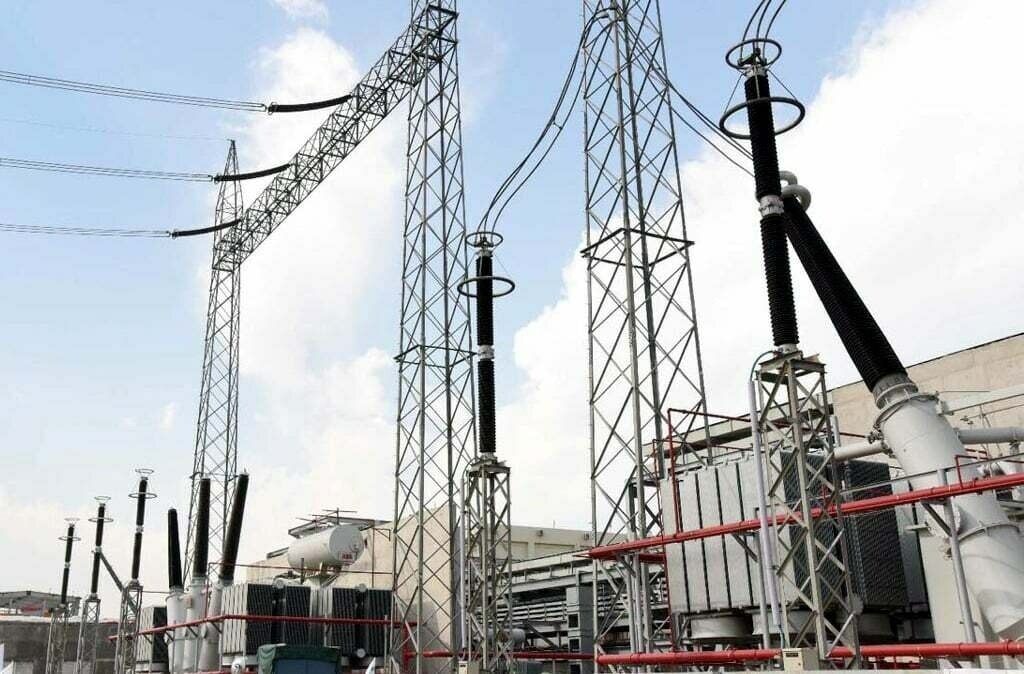Officials maintained that the dues are drawn from distribution company records and are officially acknowledged at that operational level

By Asghar Ali Mubarak
ISLAMABAD: The Senate Standing Committee on Power, chaired by Senator Mohsin Aziz, has deliberated on a significant proposal to recover Rs161 billion in electricity dues from provincial governments by deducting the amount from their National Finance Commission (NFC) shares. The proposal, already approved by the Council of Common Interests (CCI), is being operationalized by the Power Division in coordination with the Finance Ministry.
An additional secretary from the Power Division informed the committee that provinces have been given a deadline of 31 March to clear outstanding electricity bills. According to the data presented, Sindh owes Rs68 billion, Punjab Rs42 billion, Balochistan Rs41 billion, and Khyber Pakhtunkhwa Rs10 billion. While Punjab has been cooperative and is close to settling its dues, other provinces have reportedly stalled the reconciliation process for over two years.
Senator Mohsin Aziz raised the issue of accountability, asking who would validate the dues in the absence of reconciliation by provincial governments. Officials responded that the dues are based on records from the distribution companies and are recognized at that level.
Energy Minister Owais Laghari confirmed that under the CCI’s directive, the federal government will deduct 25 percent of the reconciled amount directly from the provinces’ NFC share, while the rest will be recovered once full reconciliation is completed. He clarified that deductions will only apply to reconciled amounts, not disputed ones, and discussions are ongoing with the Finance Ministry to finalize the process.
The committee also reviewed the reported Rs7.41 per unit reduction in electricity tariffs. Power Division officials broke down the relief, attributing Rs2.37 to quarterly adjustments, Rs1.13 to fuel price reductions, Rs2.10 to cutbacks in petroleum levies, and Rs1.81 to other cost reductions.
Waseem Mukhtar, chairman of the National Electric Power Regulatory Authority (NEPRA), told the committee that the lower tariffs in recent quarters are the result of structural changes, including the termination of expensive power contracts and renegotiations with independent power producers (IPPs). He described these savings as permanent improvements to the system. However, when Senator Aziz questioned the durability of monthly fuel price adjustments, NEPRA warned of volatility in hydropower due to climate factors.
Mukhtar pointed to significantly reduced snowfall and declining water levels in reservoirs this year, which caused lower hydropower output in April and led to a positive fuel adjustment of Rs1.23 per unit. The discussion underscored the complex challenges in balancing financial recovery from provinces, tariff relief for consumers, and structural reforms in Pakistan’s energy sector, all while coping with unpredictable environmental conditions.



